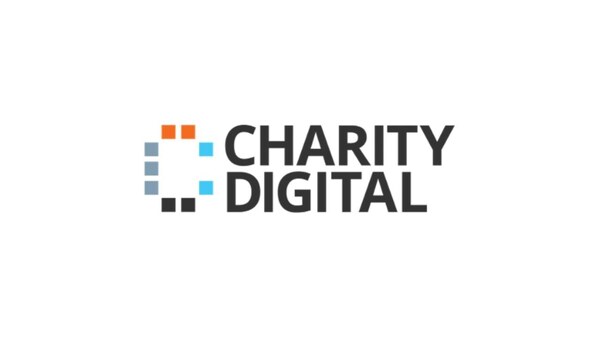Insights
INSIGHTS
All Topics
How to get your charity to recognise a trade union
Union reps can help provide support, advice, and campaign on your behalf for better work conditions. Here’s how you can get your charity to recognise a union
Having a union in the workplace is both beneficial to employees and to the organisation. Employees have peace of mind that someone will fight on their behalf, if needed, and unions can help organisations to plan for the future and to manage change.
What is a trade union?
A trade union is a membership organisation where the members are usually employees or workers. By being a member, the union looks after their interests by doing things such as negotiating fair pay and working conditions (collective bargaining), being involved in discussions around big changes (such as restructures and redundancies), taking members’ concerns to employers for discussion, accompanying members to disciplinary or grievance meetings and helping members with legal or financial problems.
Essentially, unions will stand up for workers in times of trouble.
Joining a union
Some organisations will legally recognise a union (or unions, depending on the size of the organisation) and will have details on how to join one in an employee handbook, on the intranet, or on a poster in the office. There will also be a trade union representative who you can talk to and who can give you a form to fill in to become a member.
You still have the right to join a union that your employer does not formally recognise. You are also allowed to be a member of more than one union. Your employer is not allowed to discriminate or treat you unfavorably because of your union membership.
The fees that you pay, and how you pay them, depends on which union you join.
Unions are not really set up for very small organisations, but staff should be encouraged to join a union as an individual member should they choose to.
What are the benefits of joining a union?
Being a union member means that you have better working conditions, such as better pay, benefits or improved health and safety. According to Unison, the public service union, employees at unionised organisations earn around 12.5% more than employees in non-unionised workplaces.
Not everyone at an organisation that recognises a union needs to be a member. If the union is brought in to negotiate better pay, it will be for the benefit of all staff and not just members.
If you need legal or financial advice, you can access this from your union, using online. If you’re ever in a dispute, your union rep will accompany you to grievance or disciplinary meetings. And knowing that you have someone in your corner, can help with wellbeing.
Rebs Curtis-Moss, a consultant in the charity sector, who helped get a union recognised at Friends of the Earth Scotland when they were staff, equates being a union member to having insurance, “You hope you’ll never have to use it, but it gives you peace of mind having it.”
How to get a union recognised at your charity
At Friends of the Earth Scotland, many staff members were already individual members of a particular union so it made sense to have the union recognised formally by the charity.
There is a lot of information on union websites about becoming a member but not much about getting your workplace to recognise a union. Once they had found the right contact, the union provided them with a lot of support to get the union recognised.
Former Trustee at Friends of the Earth Scotland, Laura Curtis-Moss, advises getting a few board members involved right at the start. “It probably took about a year to get the union recognised, which was a lot longer than we thought. Part of the reason it took that long was because the board only meets quarterly. I’d advise that trustees form a working group that meets outside of board meetings, to help drive it forward.”
Laura also recommends getting a union recognised at your charity years before you may need to use their services. Don’t try to get one recognised just before major structural change, for example.
As long as you have agreed Terms of Engagement with the union and strong HR policies, then they are like having a safety net when you need them – both for staff and the charity.
For charities who are wary of unionising their organisation, Laura states, “If you are a good leader, you will welcome a union.”
Better conditions mean that staff will do better work and knowing that someone is in their corner should they need support, offers peace of mind and aids wellbeing.
kirsty marrins
More on this topic
Recommended Products
Recommended Products
Related Videos
Our Events
Charity Digital Academy
Our courses aim, in just three hours, to enhance soft skills and hard skills, boost your knowledge of finance and artificial intelligence, and supercharge your digital capabilities. Check out some of the incredible options by clicking here.



















